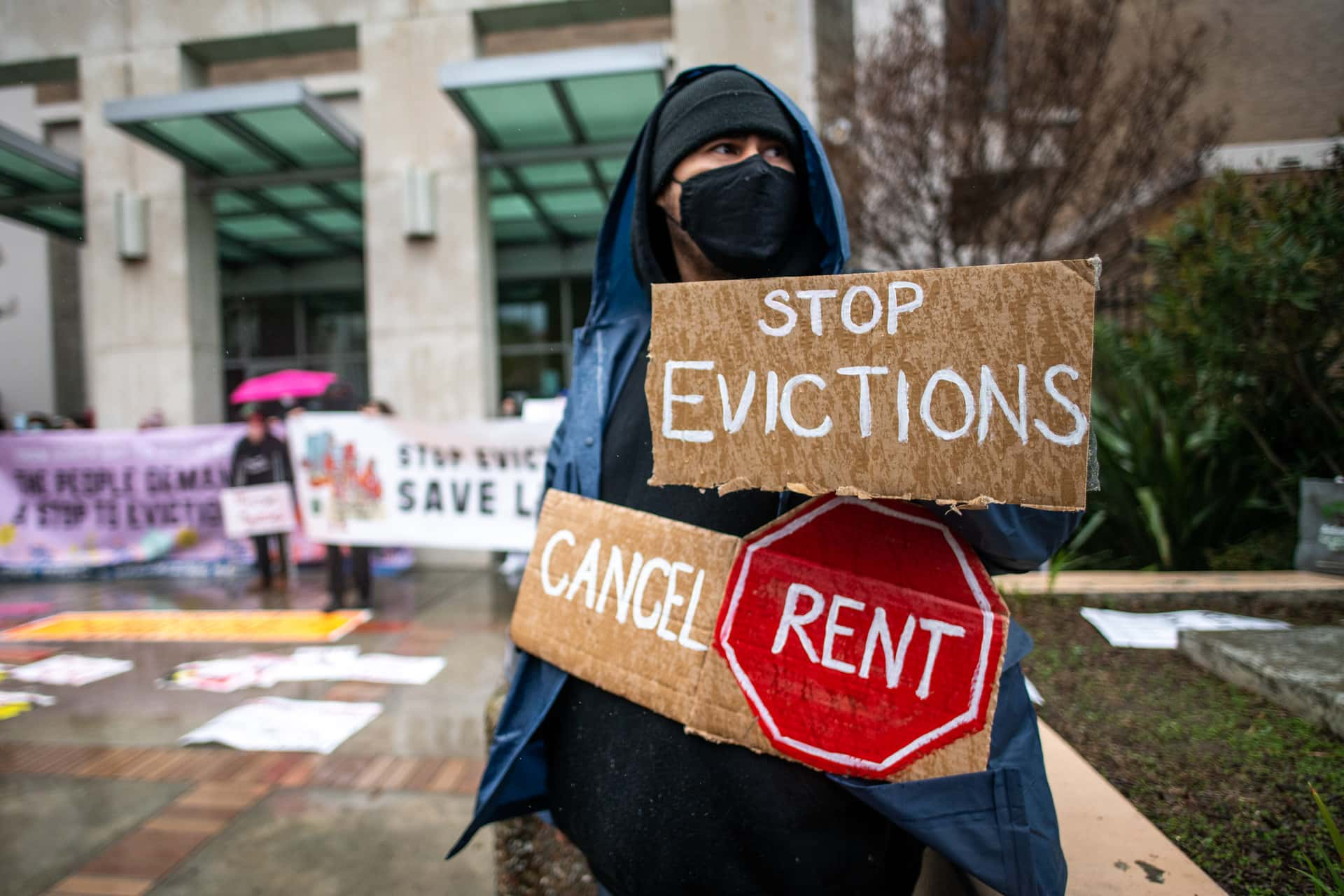The main contributing factors to this rise are the increasing rents and a lack of affordable housing options, especially for individuals with the lowest incomes.

Eviction rates are surging as renter protection programs implemented during the pandemic have come to an end
Diane Yentel, the CEO and president of the National Low Income Housing Coalition advocacy group, has weighed in on the consequences of this situation. The expiration of renter protection programs has left many vulnerable individuals facing the threat of eviction. With the removal of these safeguards, landlords now have the ability to file eviction notices against tenants who are unable to keep up with rising rental costs. The soaring rents, coupled with the scarcity of affordable housing, have created a perfect storm for those with limited financial resources.
Diane Yentel, a prominent figure in the housing advocacy community, emphasizes the severe impact of this crisis. She warns that the lack of affordable housing options exacerbates the risk of homelessness among the most economically disadvantaged individuals. Without proper assistance and intervention, the eviction crisis could potentially result in a significant rise in homelessness rates.
The National Low Income Housing Coalition, led by Yentel, advocates for policies and programs that address the housing needs of low-income individuals
They have been actively working to bring attention to the current eviction crisis and pushing for effective solutions. Yentel stresses the importance of implementing long-term, sustainable measures to provide affordable housing and protect vulnerable populations from eviction.
As the eviction filing rates continue to climb, it is crucial for policymakers and communities to address the underlying issues contributing to this crisis. The focus should be on increasing the availability of affordable housing options, ensuring tenant protections, and providing support for individuals struggling with rising rents. By taking immediate action, we can prevent a worsening housing crisis and protect the most vulnerable members of society from the harsh consequences of eviction.
READ ALSO: How Much Of The $400 Billion In Misplaced Or Lost Stimulus Funds Was Yours?




